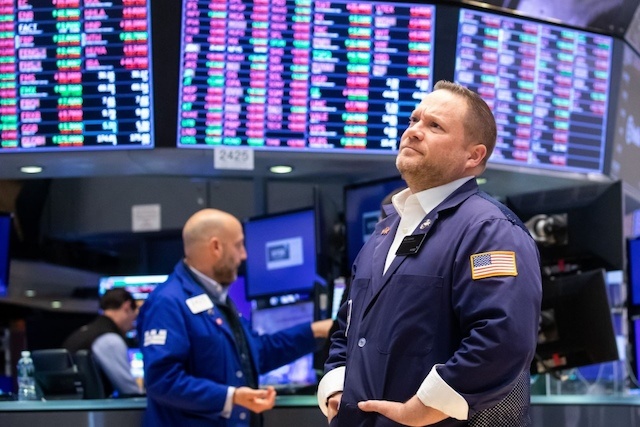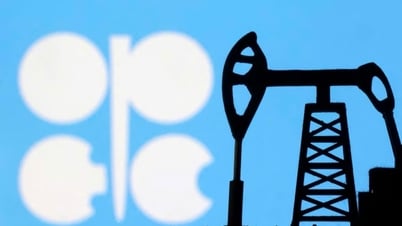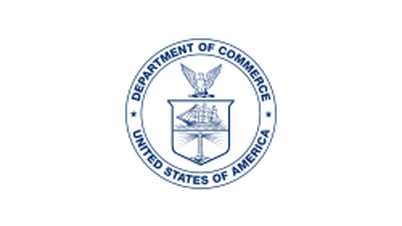 |
| Illustration |
On Sunday, Mr. Trump announced a 100% tariff on films produced outside the United States, but did not provide details on how such taxes would be implemented.
Later on Monday, US Treasury Secretary Scott Bessent said Trump’s agenda of tariffs, tax cuts and deregulation would work together to boost long-term investment in the US, adding that markets could weather any short-term volatility.
The US stock market has been under heavy selling pressure since Mr Trump announced the first round of tariffs on April 2.
The market only stabilized and rose for nine consecutive sessions until the end of last week, the longest winning streak since 2004, after the Trump administration's softer comments on tariffs on China raised hopes that trade tensions between the world's two largest economies would be resolved.
In addition, Mr. Trump's withdrawal of his threat to fire the Fed Chairman also reassured investors about the Fed's independence.
But worries have returned after Mr Trump’s latest tariff announcement, and were compounded by a survey released on Monday by the Institute for Supply Management (ISM) that also showed tariffs were putting pressure on inflation, with a gauge of the prices businesses pay for materials and services rising to its highest level in more than two years.
Besides, investors are also cautious ahead of the Fed's policy meeting (taking place on May 6-7).
“A nine-day rally in the S&P 500 is hard to sustain,” said Art Hogan, chief market strategist at B Riley Wealth in Boston. “We’re starting to price in the possibility of a deal being announced, but we’re running out of time because every week that goes by without us starting to cut deals, we’re doing economic damage.”
Some film and television stocks fell sharply after Trump’s announcement, but later pared losses. Netflix fell 1.9%, snapping an 11-session winning streak, while Amazon.com lost 1.9% and Paramount Global fell 1.6%.
However, energy was the biggest loser among the 11 major S&P sectors, falling 2%, after OPEC+ decided to accelerate production increases, causing more supply concerns as demand remains uncertain.
Notably, Berkshire Hathaway's Class B shares fell 5.1% after Warren Buffett announced he would step down as CEO of the conglomerate.
At the close of trading on Monday, the Dow Jones Industrial Average fell 98.60 points, or 0.24%, to 41,218.83; the S&P 500 lost 36.29 points, or 0.64%, to 5,650.38 and the Nasdaq Composite lost 133.49 points, or 0.74%, to 17,844.24.
The S&P 500 has thus ended its nine-session winning streak, its longest winning streak in 20 years; while the Dow Jones also ended its longest winning streak since December 2023.
Trading volume on US exchanges was 13.67 billion shares, much lower than the average of 18.68 billion shares over the last 20 trading days, which also partly shows the cautious sentiment of investors.
Investors will now be closely watching the Fed's policy announcement on Wednesday. While the Fed is expected to leave interest rates unchanged, investors will be looking to comments from Fed Chairman Jerome Powell for signs that the Fed will adjust monetary policy.
Markets are currently pricing in around 75 basis points of Fed rate cuts by 2025, with the first easing of at least 25 basis points likely to come at the Fed's July meeting, according to LSEG data.
Investors are also concerned about how tariffs could affect corporate profits.
Source: https://thoibaonganhang.vn/chung-khoan-my-quay-dau-giam-sau-thong-bao-thue-quan-moi-cua-ong-trump-163727.html


![[Photo] Top players gather at the 2025 Nhan Dan Newspaper National Table Tennis Championship](https://vphoto.vietnam.vn/thumb/1200x675/vietnam/resource/IMAGE/2025/5/23/9ad5f6f4faf146b08335e5c446edb107)






























































































Comment (0)